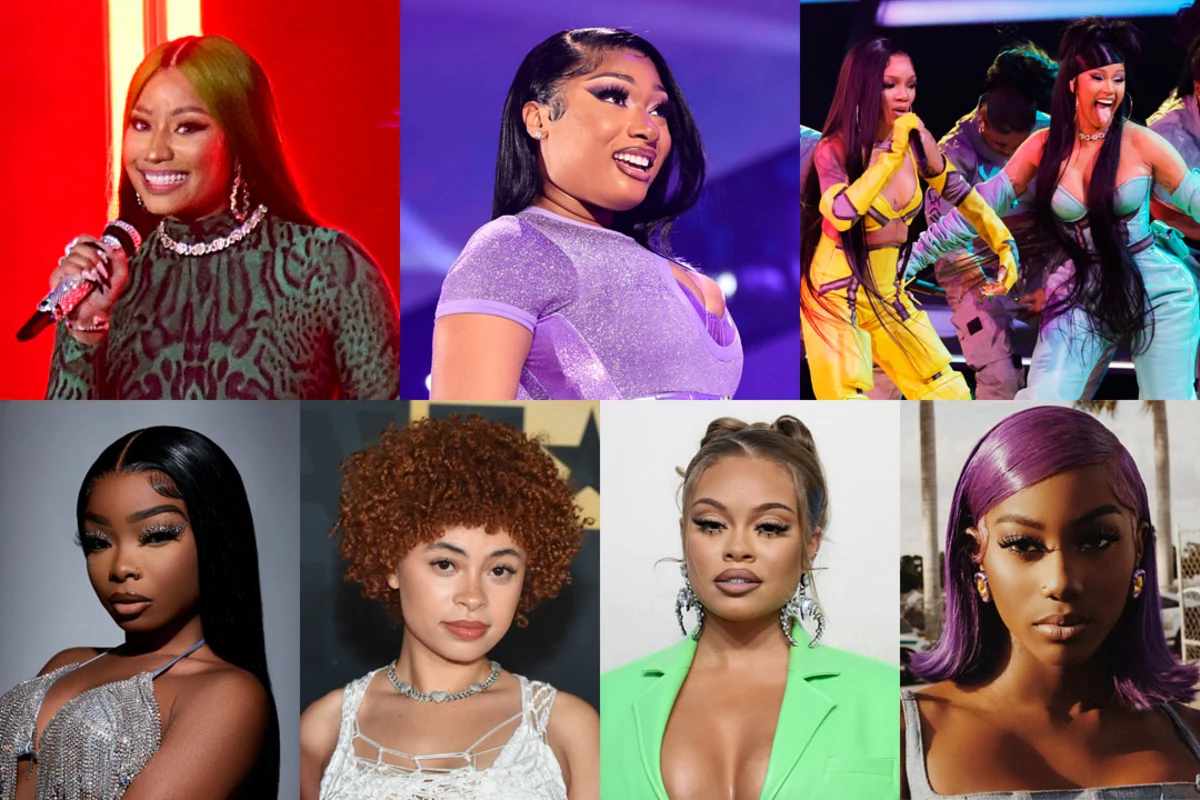Music publisher BMG is suing a toymaker for promoting a brand of “unicorn poop” toys by releasing a song called “My Poops” – a scatological parody set to the tune of Black Eyed Peas’ “My Humps.”
In a lawsuit filed Thursday in Manhattan federal court, the publisher accused toymaker MGA Entertainment of infringing the copyright to the band’s smash 2005 hit, which reached No. 3 on the Hot 100 and spent 36 total weeks on the chart.
Released to promote MGA’s Poopsie Slime Surprise toys – unicorns that release sparkling “unicorn poop” slime – the song at issue features similar musical elements to the original, but with joke lyrics like “Whatcha gonna do with all that poop, all that poop.”
In addition to copying key musical elements, BMG says MGA’s song features a lead vocalist who “sounds very similar” to Black Eyed Peas lead singer Fergie.
“Music, especially a hit song such as ‘My Humps,’ adds great value when incorporated into a product or used in a video advertisement, because it increases consumer recognizability, consumer engagement and attention to the product,” BMG wrote in its lawsuit. “The infringing work is so substantially similar to ‘My Humps’ that it is obvious that the infringing work was intentionally copied.”
MGA’s song was released as a music video on YouTube, but BMG claims the copycat song was also incorporated into actual products. A sticker on the Poopsie Slime Surprise packages directed users to the video, the publisher says, and the actual dolls will play a snippet of the song when a “heart-shaped bellybutton” is pressed.
“Defendant has been selling the Dancing Unicorn Toys incorporating the Infringing Work all over the world and has received substantial revenue,” BMG’s lawyers wrote. “The Poopsie Slime Surprise product line has generated tens of millions of dollars in revenue for Defendant.”
In musical terms, BMG says that MGA’s song stole a number of key elements, including the melody, bass line, rhyme scheme, chord progression, cadence and others, and that the “My Poops” singer uses “a similar delivery and vocal inflections as used by Fergie.” It also says the name of the song is “an obvious play” on the name of the original.
Neither BMG nor MGA immediately returned requests for comment on Friday.
The new lawsuit sets the stage for a high-profile dispute over parody songs – a complex area of federal copyright law.
The legal doctrine of “fair use” expressly empowers people to parody existing copyrighted works, and one of the U.S. Supreme Court’s most seminal copyright rulings held that 2 Live Crew was legally allowed to release a bawdy parody of Roy Orbison’s rock ballad “Oh, Pretty Woman” without paying royalties. But the music industry’s premiere parodist, “Weird Al” Yankovic, voluntarily chooses to license all of the songs that he parodies. And the legal analysis is undoubtedly trickier when a parody song is used for outright commercial advertising or as part of an actual consumer product, rather than merely as a new song.
A more recent case pitted the Beastie Boys against a toy company called GoldieBlox, which released a viral parody of the group’s 1987 song “Girls” to promote its engineering and construction toys for girls. After the band threatened copyright infringement, GoldieBlox argued fair use – saying it had aimed to criticize the “highly sexist” message of the original Beastie Boys track and “further the company’s goal to break down gender stereotypes.”
But six months later, GoldieBlox agreed to a settlement in which it apologized to the Beastie Boys and agreed to donate a portion of its revenues to charities of the band’s choosing.
Read BMG’s entire lawsuit here:








